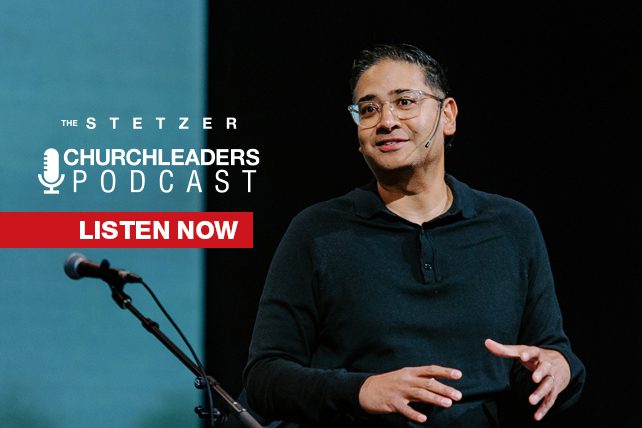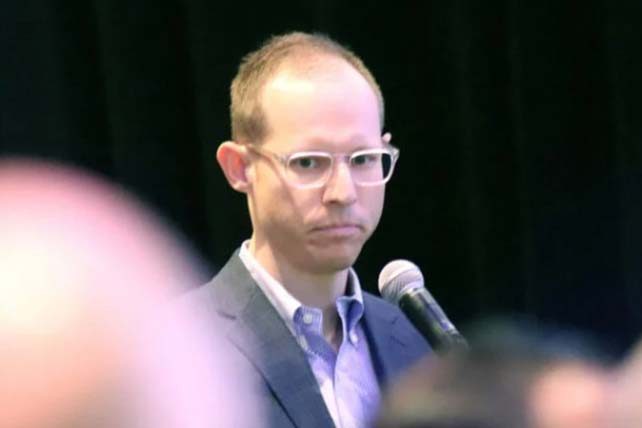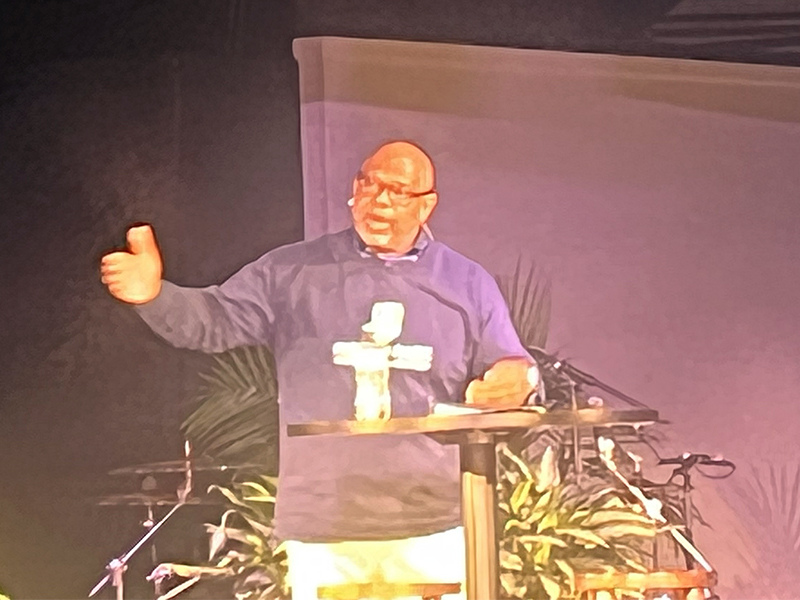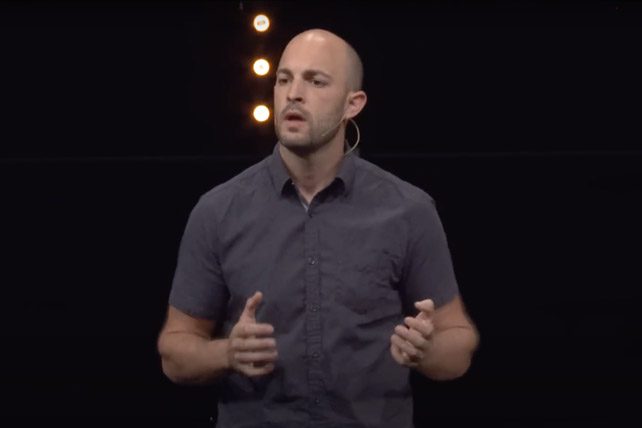Rev. Dr. Glenn Packiam is the lead pastor of Rockharbor Church in Costa Mesa, California. He is a Senior Fellow at Barna Group and an ordained priest with the Anglican Church of North America. Glenn is the author of several books, including “The Resilient Pastor: Leading Your Church in a Rapidly Changing World,” and his most recent, co-authored with his wife, Holly, “The Intentional Year: Simple Rhythms for Finding Freedom, Peace, and Purpose.”
Other Ways To Listen to This Podcast With Glenn Packiam
► Listen on Amazon
► Listen on Apple
► Listen on Google
► Listen on Spotify
► Listen on YouTube
Key Questions for Glenn Packiam
-What are some major markers of pastoral health, and how do you think pastors are doing in general?
-What does it look like to develop healthy rhythms in our “new normal”?
-Do you have any new observations about the overall health of pastors since your book “The Resilient Pastor” was released last year?
-What does it look like for pastors to seek ways for others to speak into their lives?
Key Quotes From Glenn Packiam
“One of the markers of health is that we’re able to have some sense of agency in our own life, and we use that agency in a way that creates rhythms and intentionality.”
“The surest way to get towards a place of despair is to feel like you have no control over your life or over the world.”
“My wife, Holly, and I, what we really feel burdened by is to be able to say to pastors particularly, ‘Ok, what about the rhythms in your own life, in your own home?’”
“That’s true for so many pastors…we’re just kind of soldiering on. We don’t even stop to reflect and review.”
“What we need as pastors is we need to create that space to center the voice of the Lord to say to us, ‘This is what this season is for and this is what you need to give your attention to for this season.’”
“A good farmer does the work that fits the season.”
“There’s a page we can take from the playbook of people who write and study on habits…some people call it the idea of ‘stacking’ or ‘bundling.’ The concept is when you do one thing, make it the moment that you do these other things as well.”
“We want people to live rhythmically rather than sporadically.”





 What happens when toxicity seeps into the culture of our local church? In this week’s conversation on FrontStage BackStage, host Jason Daye is joined by Scot McKnight, Professor of New Testament at Northern Seminary. Scot has written over 80 books, including a church called Tov, which he co-authored with his daughter, Laura Behringer. Together, Scot and Jason explore how we, as ministry leaders, can assess our churches and look for areas of toxicity. Scot also shares how we can overcome those toxic areas and nurture a culture of goodness.
What happens when toxicity seeps into the culture of our local church? In this week’s conversation on FrontStage BackStage, host Jason Daye is joined by Scot McKnight, Professor of New Testament at Northern Seminary. Scot has written over 80 books, including a church called Tov, which he co-authored with his daughter, Laura Behringer. Together, Scot and Jason explore how we, as ministry leaders, can assess our churches and look for areas of toxicity. Scot also shares how we can overcome those toxic areas and nurture a culture of goodness.















 Your greatest contribution to the kingdom of God may not be something you do, but someone you raise. -Andy Stanley
Your greatest contribution to the kingdom of God may not be something you do, but someone you raise. -Andy Stanley










